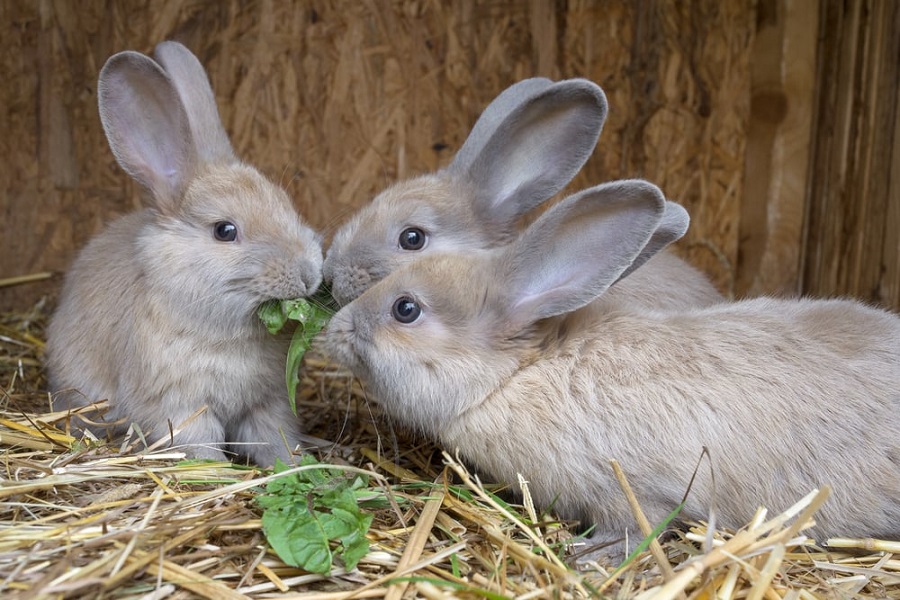When considering which animals to keep, rabbits typically aren’t even considered. But there are plenty of good reasons to raise rabbits as a livestock option.
Rabbits are a versatile addition to any small farm, whether you’re an experienced farmer or just starting out. In addition to covering their own costs, rabbits can be a source of additional revenue for the hardworking owner.
Let’s take a look at why rabbits are such a popular pets in so many households.
Rabbits are one of the most manageable farm animals
Rabbits are the ideal livestock for a small farmer, a person with mobility challenges, or an elderly homesteader who plans to stay in their house for the foreseeable future. You won’t have to worry about getting kicked by a hoofed animal or trying to control one that’s as big as you are when working with rabbits. There is no effort required while handling a rabbit.
Even better, almost everything you’ll need to grow rabbits is lightweight and easy to transport. There are no hefty feed bags to lug around or huge bails of hay to toss around. If you decide to graze your rabbits, their cages will not weigh you down, and the rabbit tractors will be a breeze to use.
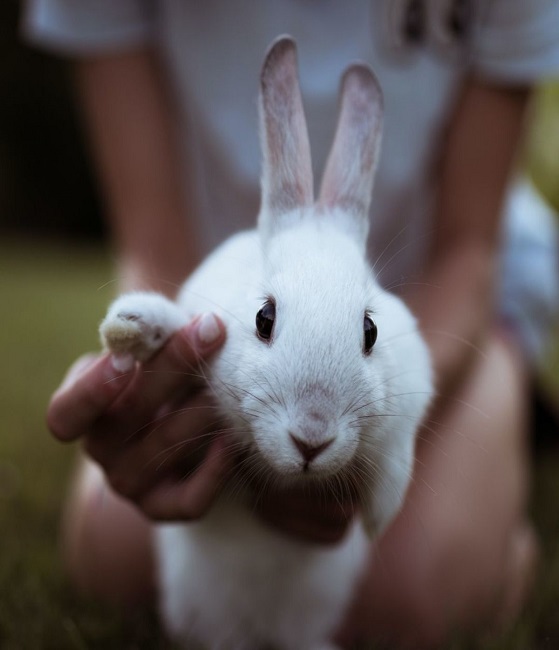
Rabbit farming is a low-cost investment
Beginning expenses are a common hurdle in the animal-rearing industry. When starting out in the livestock business, rabbits are one of the more cost-effective options. Additionally, if you intend to pasture them, their feed expenditures will be low.
The rabbits can be purchased from a reliable breeder in your area for about $20 each.
A used rabbit hutch can be located with little effort on websites like Craigslist or Facebook Marketplace. They are typically available for under $100 because they aren’t quite as large as a chicken coop. After that, you won’t need anything else unusual to continue breeding them or rearing them for meat.
And once you’ve put in the money, your bunnies will start producing a return.
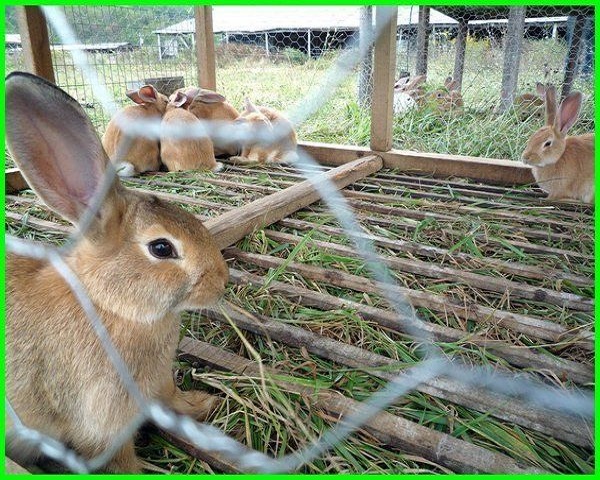
Rabbits Can Support Their Own Costs and Even Make Money
Keeping rabbits can be done in a number of profitable ways. Selling them is a common strategy. If you breed your rabbits according to the standard operating procedure for their breed, you’ll have rabbits you can sell.
Raising rabbits for their meat might be profitable if they are sold locally. The health benefits and tasty flavor of rabbit meat are attracting more and more people to try it.
Note: Find out what rules your state or municipality has regarding the sale of meat.
Never overlook the importance of poop! You can make a good profit by selling your rabbit poop to others who are looking for an organic fertilizer to use in their gardens.

Rabbit poop is the perfect compost
Using chicken manure as compost is common, but few people know that rabbit compost is much better. The pellets made from rabbit waste are technically a cold compost, meaning that they contain an ideal ratio of carbon to nitrogen for use as a soil amendment. Brown (carbon-rich) material is not required for its initial breakdown. There is no danger of nitrogen burn to your plants if you apply rabbit pellets directly to the soil. Amazing, right?
Rabbit poop is not only superior to cow, horse, or chicken manure, but it may be planted directly into the ground. According to research conducted by the Michigan State University Extension, rabbit manure can contain up to four times as many nutrients as either horse or cow manure, and even more than chicken manure.
In addition to being a great fertilizer, rabbit manure is also great for the soil structure since worms thrive in it.
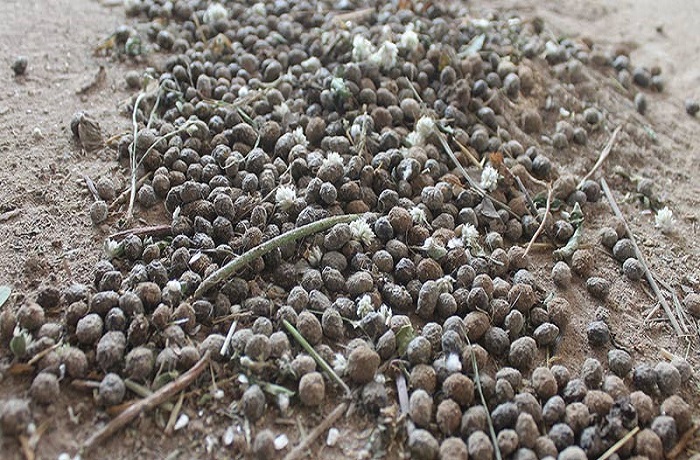
Reduce Food Waste and Composting Time
Bunnies are preferable to the compost bin if you have vegetables that have passed their peak freshness but are still edible. Gather all of your wilted lettuce, limp carrots, and other veggies to feed your bunnies. In a matter of hours, the rabbits will have converted all that green food into manure, which can be applied directly to the garden without first being deposited in the compost bin.
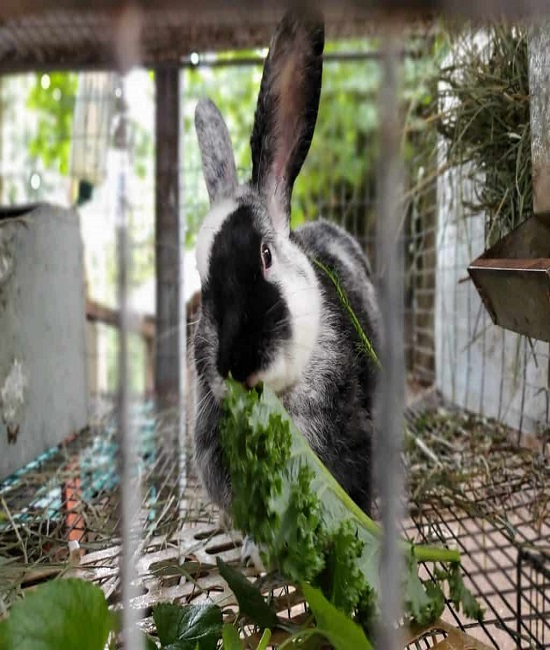
When it comes to small spaces, rabbits are a fantastic fiber animal
Many fiber artists and enthusiasts would love to have their own studio, but can’t because of limited resources. Here’s where the angora rabbit comes into play. Angora rabbits are selectively bred for their plush fur. If you only ever want to keep it as a pet, you can still get lots of use out of its fiber. However, it’s likely that your rabbit population will expand in the same way your yarn stockpile does.
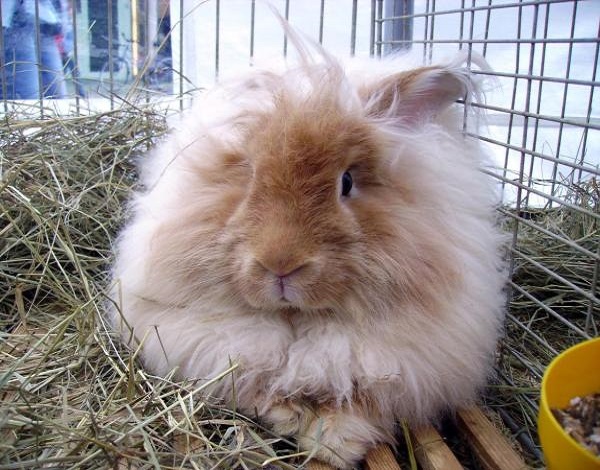
Greater than Birds to the Urban Farmer
To have chickens, ducks, or even quail in the city is a great idea. But what if you live in a city that prohibits the keeping of animals or has a law against bird-keeping? If you live in a city and want to raise some meat animals for food, rabbits are a great choice.
Rabbits are far quieter than any of the birds mentioned above, including the quietest quail. Depending on where you put the hutch, your neighbors might not even notice you have rabbits.
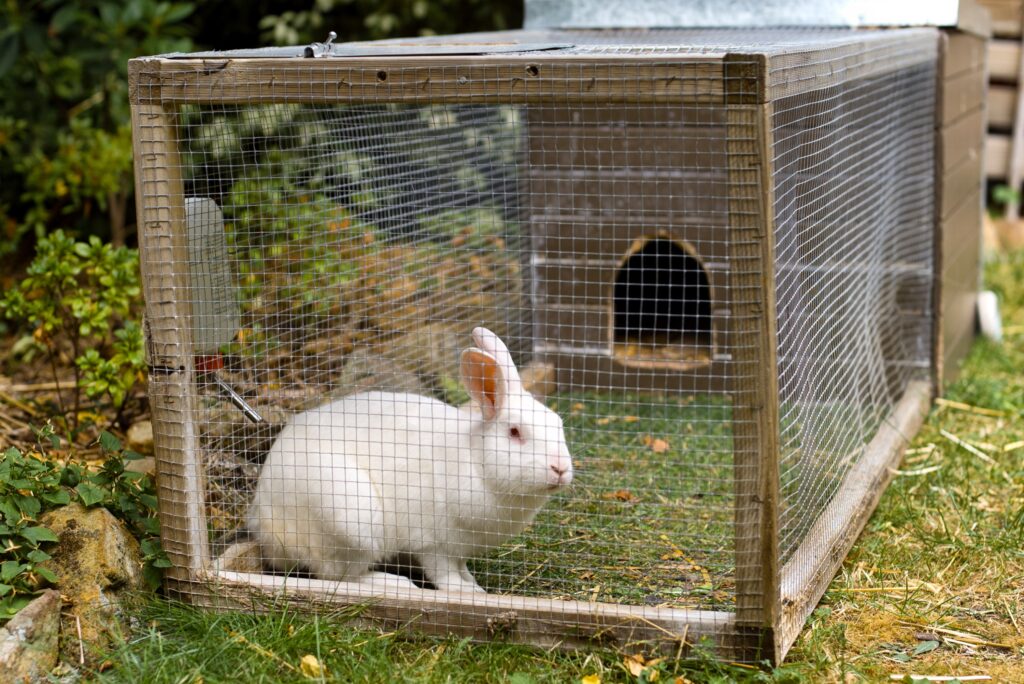
Reduced Carbon Footprint
Rabbits are the best alternative if you want animals on your farm but are concerned about the environment. Actually, the earth is better because of their garbage. Because of their small footprint, you won’t have to set aside big areas of land specifically for them, and you can even keep them in areas that would be inappropriate for other types of animals.
Rabbits are the only livestock that can efficiently transform both food and water into meat. Superior to the inefficient methods of producing meat from cows, sheep, or pigs. Overall, this makes rabbits a better environmentally friendly option for meat production.
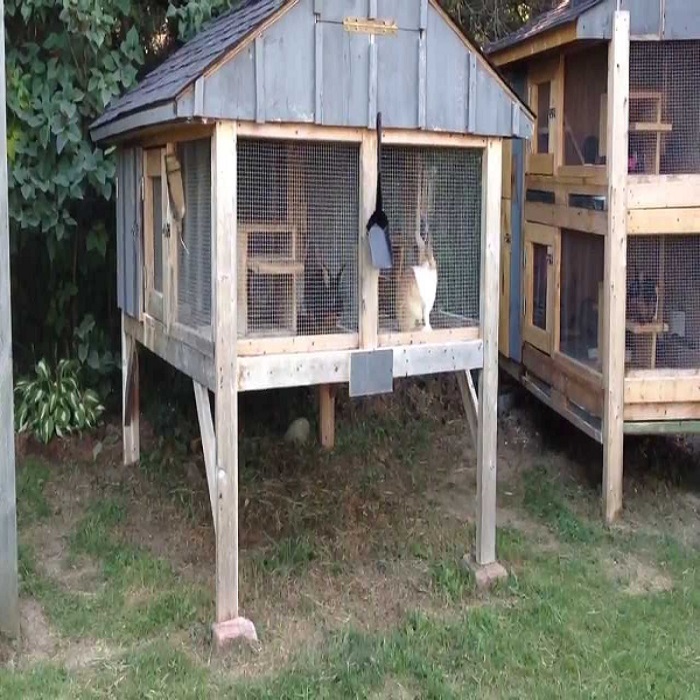
Raising Rabbits for Meat
The concept of rabbit as a super food is gaining traction. Lean and packed with protein, rabbit meat has 28 grams of protein per 85 grams. A superior source of farmed beef does not exist. In terms of fat content, it’s even better than chicken. The iron content in rabbit flesh is high.
Serve up some rabbit for a change of pace in the kitchen. The meat is delicious and incredibly nutritious. If you’re passionate about cooking, you can do much better than plain chicken. In the future, roasted rabbit might be served during Sunday supper.
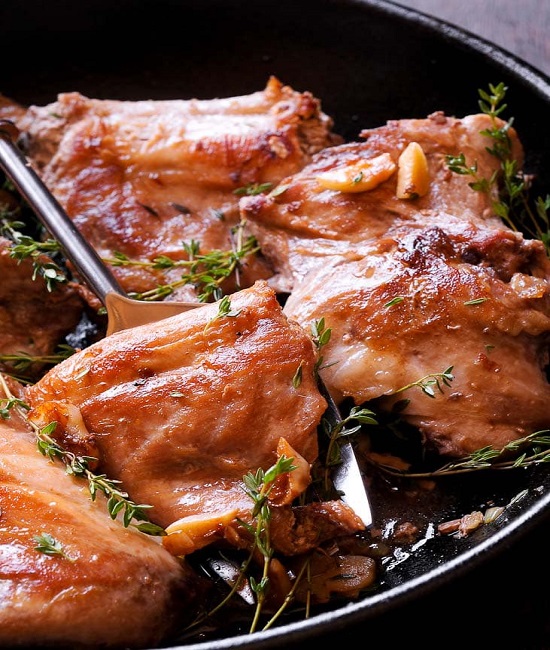
Teach Responsibility and Animal Care
Younger kids may take fantastic care of rabbits as pets. Since they are naturally docile, they are significantly less intimidating to young children to handle than, say, a cat or dog.
Rabbits make great pets for the home. Their odor is much less than that of a cat or hamster, and they may be trained to use a litter box. It is up to you if you want to keep your rabbit in a hutch or free range in the house.
Rabbits are a great first pet for kids who are interested in 4-H or in showing and raising animals. You can have as many rabbits as you like, regardless of whether you live on a large farm or in the middle of town. Raising rabbits is an excellent first step for would-be farmers and homesteaders interested in learning more about animal care.


